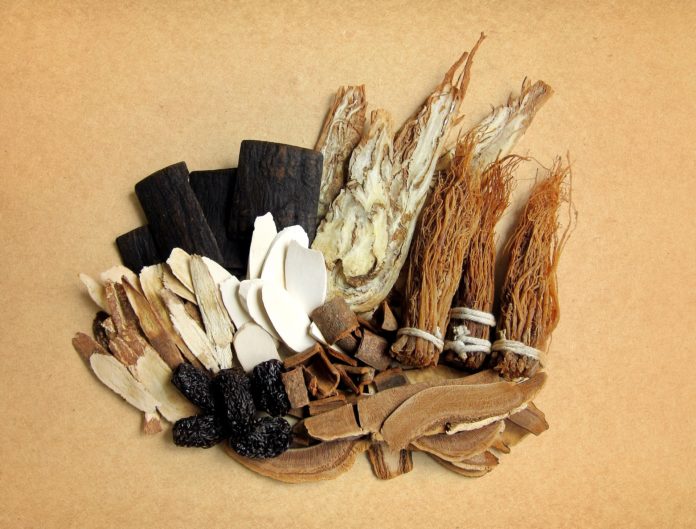The origins of Traditional Chinese Medicine (TCM) and Acupuncture originated in China 3000 years ago. From ancient times to present day, TCM Practitioners and Acupuncturists have studied and developed parallels between health and nature. In fact, the Yin Yang theory of Chinese Medicine is an example of an entire medical philosophy that is based on the holistic elements of nature related to health and wellness.
All livings things are affected, directly and indirectly, by their environment including those related to changes in weather, climate, and duration of sunlight. Winter is one of the most extreme seasons and all natural things instinctively change to adapt. With cold weather and less sunlight, animals hibernate, plants stop growing and trees shed their leaves. So why wouldn’t humans adapt too? Research from the Harvard Medical School shows that colder temperatures have the following effects on the body:
- increased systolic blood pressure
- immunity suppression
- increased respiratory infections
In 1984, the term Seasonal Affective Disorder (SAD) was developed by Dr. Norman Rosenthal from the National Institute of Mental Health. He identified SAD as a type of depression that was linked to seasonal changes and the limited amount of sunlight. Following the theories of Traditional Chinese Medicine, the following are few things you can do to help maintain your health through the winter season:
- go to bed early and keep a regular sleep routine
- avoid long periods of time and overexposure to the cold
- keep your muscles warm and help your body conserve energy
- eat foods that are warming like stews and soups and avoid foods that are cooling like melons and raw vegetables
Keep warm, rest well and stay healthy!










